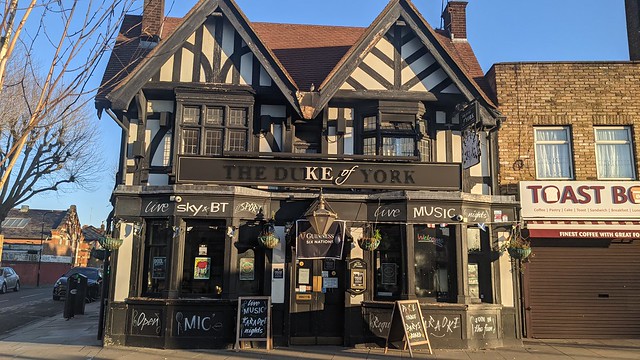I have a confession to make. I cannot resist books about London. Not the "1001 things you didn't know" sort - although I'd make an exception for Ed Gilnert's The London Compendium and, er, Nicholas Barton's The Lost Rivers of London. Anyway you get the idea. I've written about fiction and historical novels as sources of inspiration but two books I've recently read with more of a documentary angle really made me reflect on the present day London.
I've been an admirer of Iain Sinclair's writing about London since I read Lights Out for the Territory. His leaps of imagination, making links across time and space, really attracted me. In fact the subtitle of that book was 9 Excursions in the Secret History of London (I know, I know, it's just another exception) and he introduced me to the wonderful word palimpsest as applied to the streets of London still bearing traces of their existence as thoroughfares for Romans or Victorians. I really connected to this vision of London as both organic and mythical: a world simultaneously virtual and real as brought to life by Streetmuseum.
Sinclair's novel The Last London has a different tone. The layers of history he's mined are now exhausted as London's latest incarnation is populated by people living "above the city, floating on their devices" in a perpetual present tense, in a virtual world disconnected from any historic, cultural or social roots. This is a London he doesn't know how to interpret any more. His reference points carelessly uprooted, appropriated and repackaged to feed the global market.
However he also is disturbed by another consequence and, unexpectedly for me, it linked his and Ben Judah's This is London. Where Sinclair observes the evidence of immigrants sleeping rough at the side of a canal yards from an artisan cafe, Judah is sleeping alongside them in the underpass at Hyde Park Corner listening to the footsteps of the new denizens of the city in a nightmare soundscape. However he shares Sinclair's troubles that he also doesn't understand what London has become.
It's a powerful book. Judah facilitates the stories of people not in the gentle style of Craig Taylor's Londoners but in a sequence of personal testimonies you might hear from voices on a BBC World Service documentary but here in London. Today. At the Museum of London last year I heard Judah passionately narrate his last chapter about Hajji an imam who washes the bodies of the dead before burial. "There are angels hovering over Leyton". I've just checked when he spoke. It was the day before Grenfell. What's that about palimpsests again?
Perhaps I had some intuition about the relationship of the two books. Most likely it was simply two sides of the same coin but after reading them I felt something more fundamental. 2017 was a defining year for London in the way 2016 was for the country The city has always had the capacity to contain a multitude of narratives but the fear that we are all becoming party to a more institutionalised version, a place closer to Beszél and Ul Qoma, leaves me uneasy.
Not so uneasy as to leave however. I'm not going anywhere just yet.







